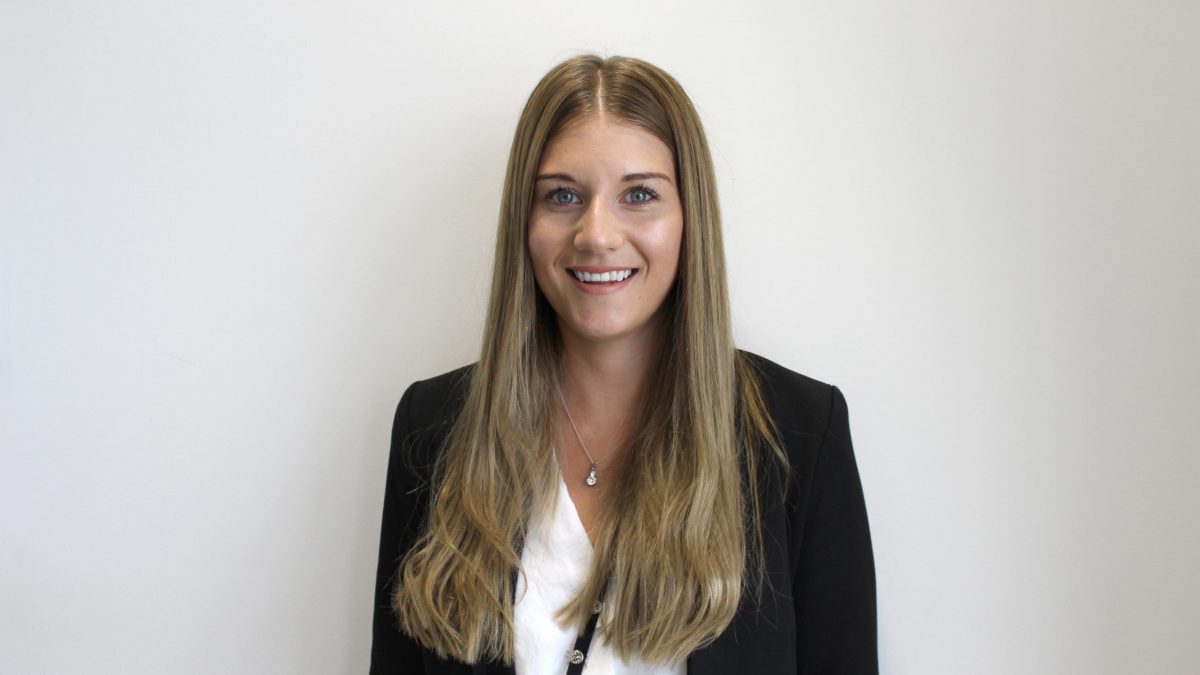
Assisted dying: how we got to where we are today
September 11, 2019
An International Student’s Guide to Studying Law
September 13, 2019Emma Lilley is an in-house solicitor at the Manchester Airport Group. While she already knew as a student that she wanted to take the in-house route rather than going into private practice, she found there was very little information available on this career path. While there was no shortage of literature and online resources for prospective solicitors, the vast majority of it focussed on training contracts in law firms. However, thanks to her own thorough research she was able to secure an in-house training contract, qualifying last year before moving into her current role.
As a long-time reader of The Student Lawyer, Emma is now working with us to create the resource for budding in-house lawyers that she never had. She will be creating a new in-house guide for the TSL Career Guides section and we are looking into hosting livechat or webinar events. In the meantime, Emma has kindly offered to make herself available to answer any questions you may have about the in-house training contract and qualification process. If you have any questions, please get in touch and we will connect you with her.
We sat down with Emma this week to find out more about her experiences and why she wanted to work with The Student Lawyer to create these new resources.
Hi Emma, tell us about your current job.
I am a Commercial Solicitor working at Manchester Airport Group (MAG). The Group Legal team provides advice to all teams across 3 UK airports: Manchester; Stansted; and East Midlands. People often wonder what an airport would need legal support for, but if you start with thinking about all the different contracts in place, it soon adds up!
Where did you train before that?
I trained at the same business that I worked as a Paralegal for, WEX Europe Services. I gained Paralegal experience for 18 months before being awarded a training contract. WEX’s headquarters is based in Crewe but has business operations in different countries around the world, so this provided great exposure to many legal issues during the early stage of my career.
With so little information available to students on this career path, how did you manage to find out about and secure your training contract?
I discovered that businesses had their own in-house legal teams by chance, during a part-time job I had whilst studying. I researched this further and, with the help of LinkedIn, discovered many solicitors working within in-house teams. I researched how they got these roles, and the majority seemed to have moved after having obtained private practice experience. I wanted to see if it was possible to avoid this so I searched for in-house Paralegal roles. There are more out there than you think!
I managed to impress during my Paralegal role, enough so that I obtained a training contract. I was the first trainee at WEX…not all training contracts are advertised, sometimes you need to scout them out for yourself.
What was it about in-house work that appealed to you as a student?
I sought variety. Although I respect those who are experts in one field (I may never be that type of solicitor!), practicing just one area of law just didn’t appeal to me. I also liked the idea of having ‘one client’ and having the opportunity to really get underneath how a business works – crafting legal advice to this is a skill which I was eager to learn and practice.
Having worked in private practice for part of your training contract, what would you say are the main differences between what you do and what solicitors in private practice do?
The most obvious one has got to be time recording and billing. Although some in-house roles may expect you to log how you are apportioning your time, the administrative side to this is much less burdensome.
There’s also the fact that you are likely to be much closer in proximity to your client. This opens up your diary lots of business meetings- even if for oversight rather than strict legal advice. This can be both helpful and a hinderance, it’s key to filter out those ones that aren’t a good use of your time.
What do you think are the main misconceptions people have about in-house practice?
I was the first Trainee at WEX. Just because a business may not routinely operate training contract schemes, does not mean that it isn’t possible to train there. I think that many believe that the in-house opportunities are limited, when the reality is that they are just not as well advertised.
Another misconception is that private practice experience is needed before you can succeed in-house. This may have been the most common path in the past, however more individuals and businesses are becoming aware to the fact that this is not strictly necessary. Providing you follow and abide by the SRA’s requirements, you may qualify from experiencing either route.
Finally, if you had one piece of advice for law students thinking about the in-house route, what would it be?
Don’t be discouraged by outdated advice – be persistent and you will find the role you are looking for.





